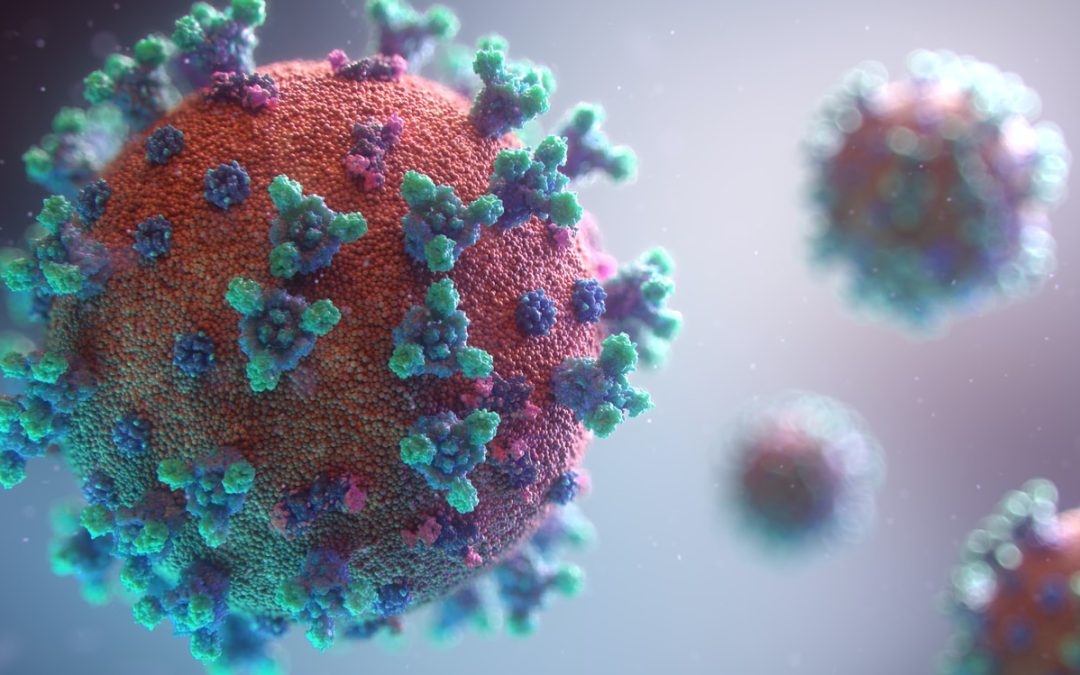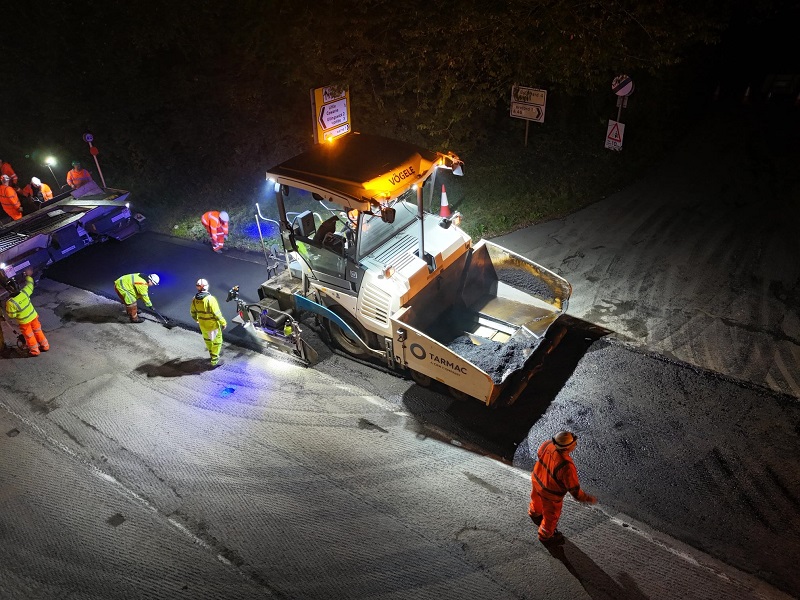The UK Health Security Agency (UKHSA) has published its latest COVID-19 variant technical briefing. It contains epidemiological data and updated analysis of COVID-19 variants currently circulating in the UK.
A number of Omicron variants are currently circulating in England, many of which have acquired mutations which may produce a degree of immune escape. Omicron sublineages BQ.1 and XBB have been given UKHSA variant designations to facilitate continued studies. Neither have currently been designated as variants of concern.
BQ.1 (V-22OCT-01) is a BA.5 sub-lineage which has been designated on the basis of rapid growth. So far, there have been 717 V-22OCT-01 sequences uploaded from the UK to the international GISAID database.
XBB (V-22OCT-02) is a recombinant lineage derived from 2 previous Omicron sublineages. Currently there are 18 UK samples in GISAID, out of a global total of 1,086; 639 samples have been uploaded from Singapore, and it is thought that XBB may be a factor in the recent spike in cases there.
Neutralisation studies are currently being undertaken at the University of Oxford. Overall, data shows significant reductions in neutralisation against several of the newly emergent variants (BA.2.75.2, BA.2.3.20 and BJ.1), compared to BA.2, BA.4 and the dominant BA.5. This suggests that, as immunity begins to wane, these newly emerging BA.2 variants may fuel future waves of SARS-CoV-2 infection.
Dr Meera Chand, Director of Clinical and Emerging Infection at UKHSA, said:
“It is not unexpected to see new variants of SARS-CoV-2 emerge. Neither BQ.1 nor XBB have been designated as variants of concern and UKHSA is monitoring the situation closely, as always.
“Vaccination remains our best defence against future COVID-19 waves, so it is still as important as ever that people come take up all the doses for which they are eligible as soon as possible.”




